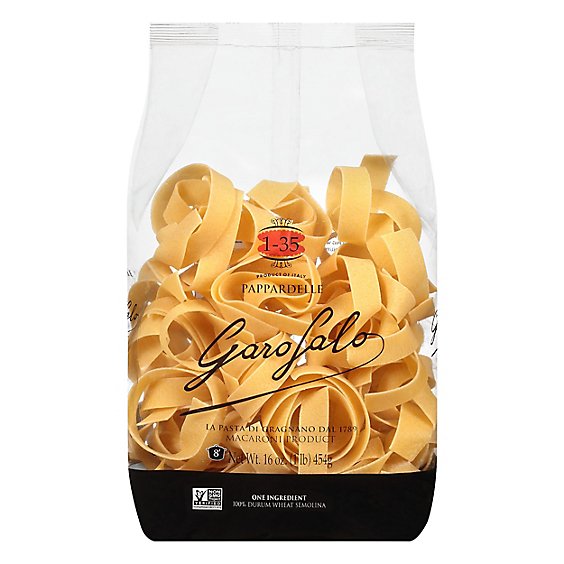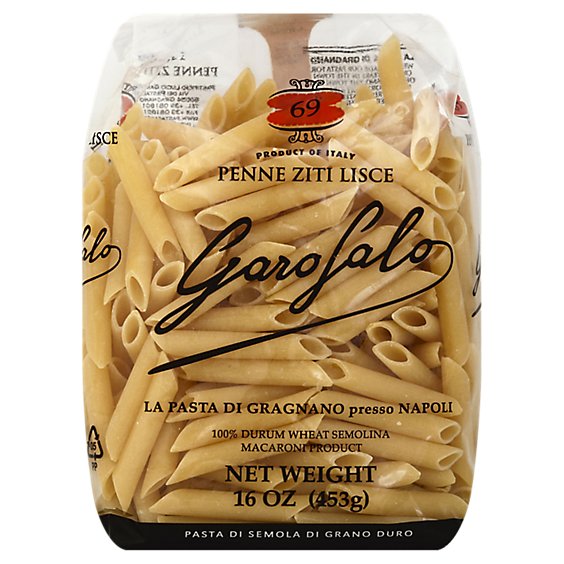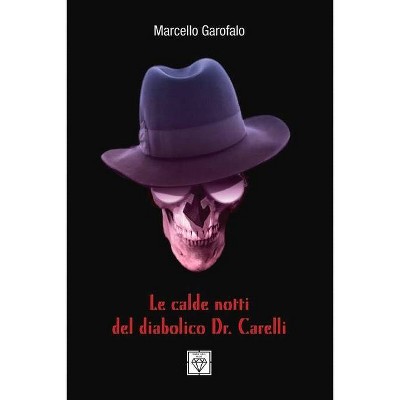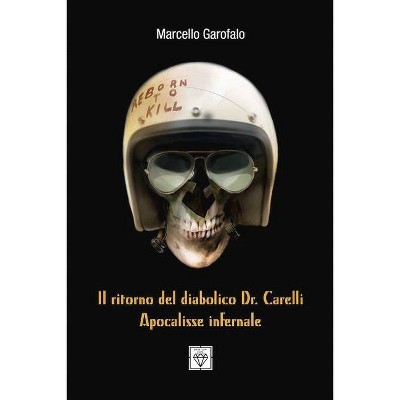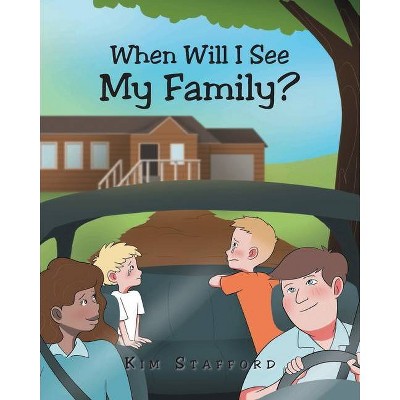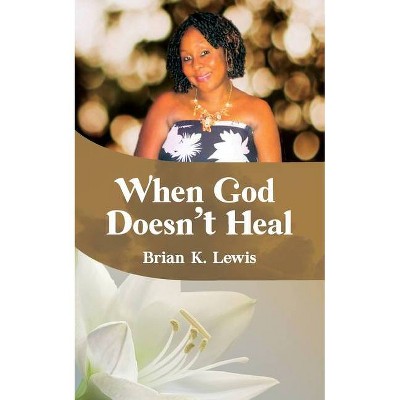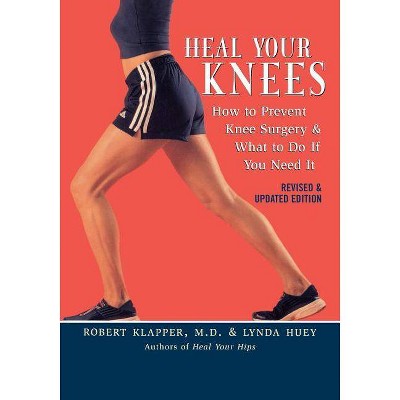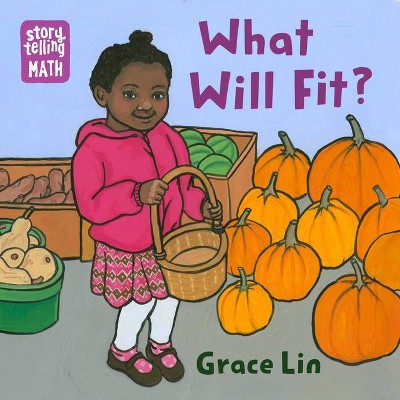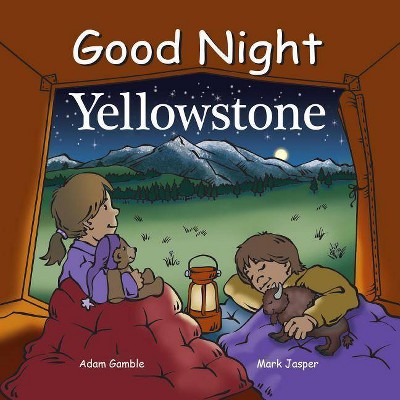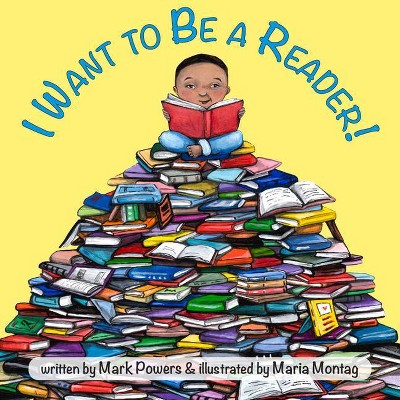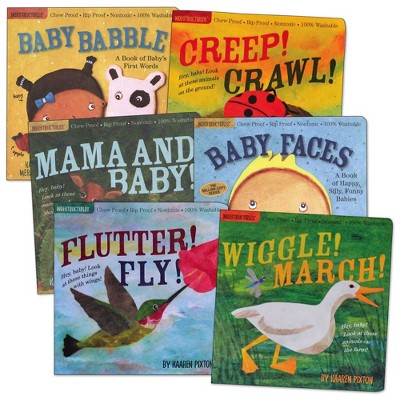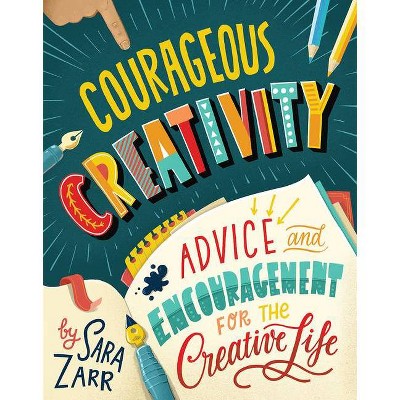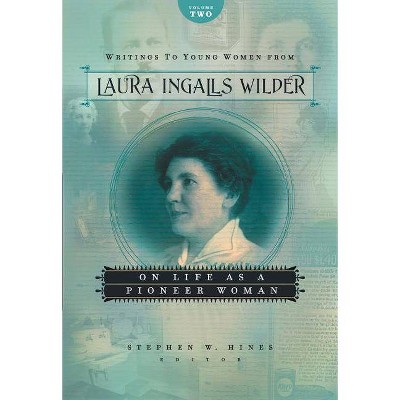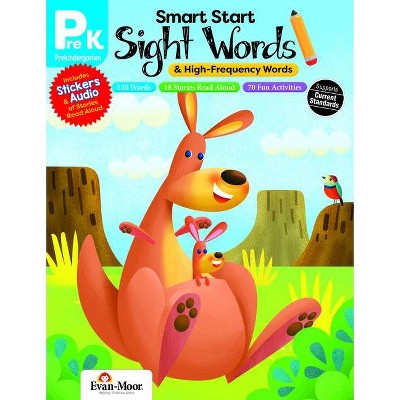When Dogs Heal - by Jesse Freidin & Robert Garofalo & Zach Stafford & Christina Garofalo (Paperback)
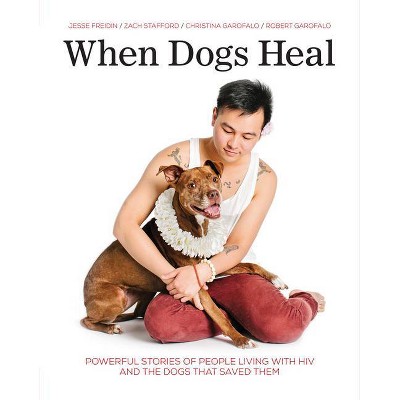
Similar Products
Products of same category from the store
AllProduct info
<p/><br></br><p><b> About the Book </b></p></br></br>"When Dogs Heal is a beautiful, unique collection of full-color portraits and personal accounts of love, connection, and survival, showcasing HIV-positive people who are thriving and celebrating life, thanks to the compassion and unconditional love of their dogs"--<p/><br></br><p><b> Book Synopsis </b></p></br></br><p>The best medicine may not always be found at a pharmacy or in a doctor's office. Sometimes it comes in the form of a four-legged friend.<br /> <br /> Three well-known leaders in their fields--award-winning dog photographer Jesse Freidin, adolescent HIV+ specialist Dr. Robert Garofalo, and LGBTQ advocate and journalist Zach Stafford--offer a refreshing, beautiful, and unique portrait of HIV infused with a deep message of hope. Each extraordinary profile shows the power of the incredible bonds between humans and their canine companions, whether that means combating loneliness and stigma, discovering the importance of unconditional love, overcoming addiction, or simply having a best friend in a time of need. <br /> <br /> <em>When Dogs Heal</em> shares the stories of a diverse set of people who are thriving and celebrating life thanks to the compassion and unconditional love of their dogs.<br /> <br /> <em>A portion of the proceeds from this book benefits Fred Says, an organization dedicated to financially supporting HIV+ teen health care.</em></p><p/><br></br><p><b> Review Quotes </b></p></br></br><br><p>Stuck in an abusive relationship and carrying the stigma of her discovery at age 7 that she was HIV-positive, an adult Lynnea Lawson believed she didn't deserve any better from life than what she had.<br /> <br /> <em>I'm HIV-positive</em>, she thought. <em>Who would want to be with me?</em><br /> <br /> The answer, which she stumbled upon by accident: A dog.<br /> <br /> Coconut, the terrier-Chihuahua left to her by a friend, gave Lawson a purpose--to get up when she didn't want to, to set boundaries between what she'd tolerate and what she wouldn't, to regain her confidence to educate others about her disease and brush off the negative thoughts that too often came with it.<br /> <br /> 'Coconut has shown me I can be loved by another living thing--that I deserve a love that doesn't hurt, ' Lawson says in the new book, <em>When Dogs Heal; Powerful Stories of People Living With HIV and the Dogs That Saved Them</em>.<br /> <br /> The project--which evolved from an exhibit by photographer Jesse Freidin, in partnership with the charity Fred Says that supports HIV-positive youth--sprang from the heart and mind of Dr. Rob Garofalo, a pediatrician at Ann & Robert H. Lurie Children's Hospital of Chicago.<br /> <br /> Garofalo, 55, had been working for 10 years with HIV-positive youth when he tested positive in 2010. The news sent him reeling. He felt ashamed and alone and harbored his secret. He'd built a career working with young people 'to combat stigma, to see their self-worth, to deal with their diagnosis with self-compassion, to tap into their inner strengths and make sure they can fulfill their destinies, ' he says. 'And yet when I had my own diagnosis, those same principles were really hard to ascribe to myself.'<br /> <br /> 'I saw first-hand how hard it was, ' he says, 'to do the things that I had been teaching and telling young people to do.'<br /> <br /> He found a lifeline through an impulsive first step: adopting a 10-week-old Yorkie he named Fred. 'With boundless energy, a pure soul, and unconditional love, he was the perfect antidote to the isolation and loneliness that crippled me, ' he writes in <em>When Dogs Heal</em>. 'He had no patience for self-pity. He just wanted to be loved and, more importantly, to love me.'<br /> <br /> Garofalo tells PEOPLE: 'My dog didn't magically make those things better. But I woke up every day wanting to be the person my dog thinks I am.'<br /> <br /> 'My dog taught me about things like self-compassion and how to tap into inner strength, ' he adds. 'And so when I found the solution in part through my dog, that's when, as crazy as it seemed, I wanted to give something back. I wanted to devote this project to telling stories and doing things that I knew, in part, saved me.'<br /> <br /> Fred Says, the charity he began in 2012, has now raised and given away more than $300,000 to community agencies that care for HIV-positive teens. At first, created as a traveling exhibit, the book's photographic portraits took shape the next year.<br /> <br /> <strong>Take HIV/AIDS away from the book's 36 first-person profiles, and it's still a remarkable collection of stories about how pets, dogs in particular, can transform lives. But the resilience those particular stories convey is intentionally, inextricably linked to the sometimes deadly disease, although one that's now more often chronic and treatable.<br /> <br /> </strong>'How many times have you read a story about HIV that's wedded in triumph, or that's grounded in love, or that has a focus on the future?' says Garofalo. 'That's what's special about these participants and their stories. They shift the narrative.'<br /> <br /> 'With the help of a dog, these people are not just surviving and overcoming, ' he says. 'They're thriving.'<br /> <br /> One of those people, Richard Moore, 47, learned of his HIV diagnosis after suffering a stroke at age 29. He became reclusive and didn't take his prescribed medications for years because 'I didn't want to be reminded of it, ' he says. Confined to a wheelchair after paralysis set in, he stayed inside 24/7. Then his best friend introduced him to a dog. Moore resisted. 'You love him back, ' the friend said of the animal, 'or your ass is going to die.'<br /> <br /> Moore's attitude slowly changed. 'For one, he had the biggest brown eyes and the big floppy ears, ' he says. 'And by me taking him out and him looking for me pretty much to provide everything for him, it just gave me a sense of purpose.'<br /> <br /> After a later setback, Moore planned out which pills he would take to kill himself. His dog, Stoli, 'jumped on my chest and kind of snapped me out of it.' <em>He needs me</em>, Moore thought, and in the dog walk that followed, Moore decided, <em>I can fight for one more day</em>.<br /> <br /> The fight continues. 'Stoli has definitely been instrumental in that fight, for sure, ' says Moore, who now walks again on his own. 'He lets me know that I'm not alone in the world, that anything I put my mind to, I can do it.'<br /> <br /> After her own childhood diagnosis passed on from a mother with HIV, 'I feel like I was judged, ' Lawson, 36, tells PEOPLE. 'I had to just stick to myself and not make friends. And I felt that people would not accept me. I grew up really feeling like I couldn't trust people. Then when I did feel like I could trust someone and would disclose to them my status, they would change the way they treated me.'<br /> <br /> 'When I did find relationships with people that were willing to be close to me, regardless of how toxic or violent they were, I tried my best to hold on to them, ' she says. 'I felt like I would not find better.'<br /> <br /> Her pet pooch Coconut showed her otherwise.<br /> <br /> 'Here comes this little dog who, regardless of what's going on first thing in the morning, does not care that I didn't brush my teeth. He doesn't care if I didn't take a shower, ' she says. 'He needs to eat. He needs someone to throw the ball. He needs his hugs. There's no judgment whatsoever. And I felt like I needed that.'<br /> <br /> Out went her Lawson's boyfriend. She re-engaged with her activism, participating in a video project with the organization Greater Than AIDS about HIV and intimate partner violence, and joined a second project, Through Positive Eyes, that puts cameras in the hands of HIV-positive people and helps them to become visual storytellers.<br /> <br /> 'It's outreach work in prevention and trying to eradicate stigma at every level, ' says Lawson. 'Whenever the opportunity arises, I try to make sure that if there's something I can do, I participate and share my story.'<br /> <br /> 'One thing I try to get through to people dealing with an HIV diagnosis: you're still going to have to wash your laundry, still going to have to clean your bathroom. Life is going to continue. Bills will be due--normal life issues, ' she says.<br /> <br /> 'But being loved and being deserving of love from another living creature, like I saw from my little doggy here, ' she says, 'it shows that you're able to find it from another.'--People Magazine</p>-- "Magazine" (6/10/2021 12:00:00 AM)<br><br><p>Learn how dogs were lifesaving companions to people living with HIV.<br /> <br /> This compilation of 36 personal essays features stories of the love, hope, and acceptance that HIV-positive individuals felt when a dog came into their lives. The interviewees are a diverse group in terms of age, gender identity, race, and life experiences, but their stories all have a similar thread wherein their lives were at a low ebb until they adopted a dog. The dogs provided a sense of purpose, a reason for living, and, in some cases, the motivation to improve the interviewee's situation. Each human subject and their canine companion are shown together in a full-page color photograph against a clean, white background followed by three pages of first-person text describing their stories. Queer, dog-loving photographer Freidin reflects in his introduction on the unconditional love he received from dogs, something that stood in contrast to negative judgment from humans, and his hope that these photo essays will overturn stigmatizing narratives about people living with HIV. Although <strong>the stories are uplifting and well written</strong>, the uniformity of the theme may become monotonous for readers who read it cover to cover, making it more suitable for dipping into and browsing by those seeking a compilation of true narratives that show the possibilities of life after an HIV diagnosis.<br /> <br /> Stories <strong>connecting a range of HIV-positive queer experiences with dog ownership</strong>.--<em>Kirkus Reviews</em></p>-- "Journal" (1/15/2021 12:00:00 AM)<br><br><p>Love, connection, and survival provide the theme of this collection of 20 profiles of persons who are HIV-positive or who have full-blown AIDS. Those profiled represent a cross section of society: they're straight, gay, cisgender, and transgender; white, Black, and Brown. What they all have in common, though, is the dog or dogs in their lives that they credit with having saved them from despair and even death, all through the canines' unconditional love. Each profile, told in the subject's own voice, is accompanied by a full-page color photo of the subjects and their dogs by noted photographer Freidin. The profiles themselves are unsparingly candid and some are painful to read because of the suffering they reveal, but it is the dogs that, in every case, bring healing, hope, love, and light to each of these memorable lives. The profiles have been collected by Dr. Robert Garofalo, an HIV adolescent specialist who, himself, is HIV-positive and has founded a nonprofit charity called Fred Says, which supports those affected by and living with AIDS. The charity is matched in importance by the significance of this excellent book, which <strong>deals affectingly with a subject that remains too absent in books for young readers. It deserves the widest possible readership.</strong>--starred, <em>Booklist</em></p>-- "Journal" (2/15/2021 12:00:00 AM)<br><br><p>This book shares portraits and personal experiences of people who are HIV-positive. Each color photo of the individual and their dog is accompanied by a brief section of text. The text spotlights compelling subjects such as Amador, a Latinx man who decided to keep living because his dog Bella needed him to care for her. Amador expresses that he wants to help people in the Latinx community who struggle with the lack of support and education concerning HIV. Lynnea, a Black woman who learned of her positive status at age seven, discovered how to expect more from her relationships and leave her abusive partner by becoming the owner of a dog named Coconut. The wide range of people and stories depict themes of loneliness, addiction, shame, and isolation; each entry shows how having an animal to care for teaches someone the fundamentals of self-care and self-respect. Back matter includes a list of resources but does not include a glossary. VERDICT <strong>A unique collection that is unflinchingly honest and infused with hope. These valuable lessons of empathy, self-care, and acceptance will inspire all readers</strong> and will be especially encouraging for young people who are living with HIV.--starred, <em>School Library Journal</em></p>-- "Journal" (3/1/2021 12:00:00 AM)<br>
Price History
Price Archive shows prices from various stores, lets you see history and find the cheapest. There is no actual sale on the website. For all support, inquiry and suggestion messages communication@pricearchive.us
